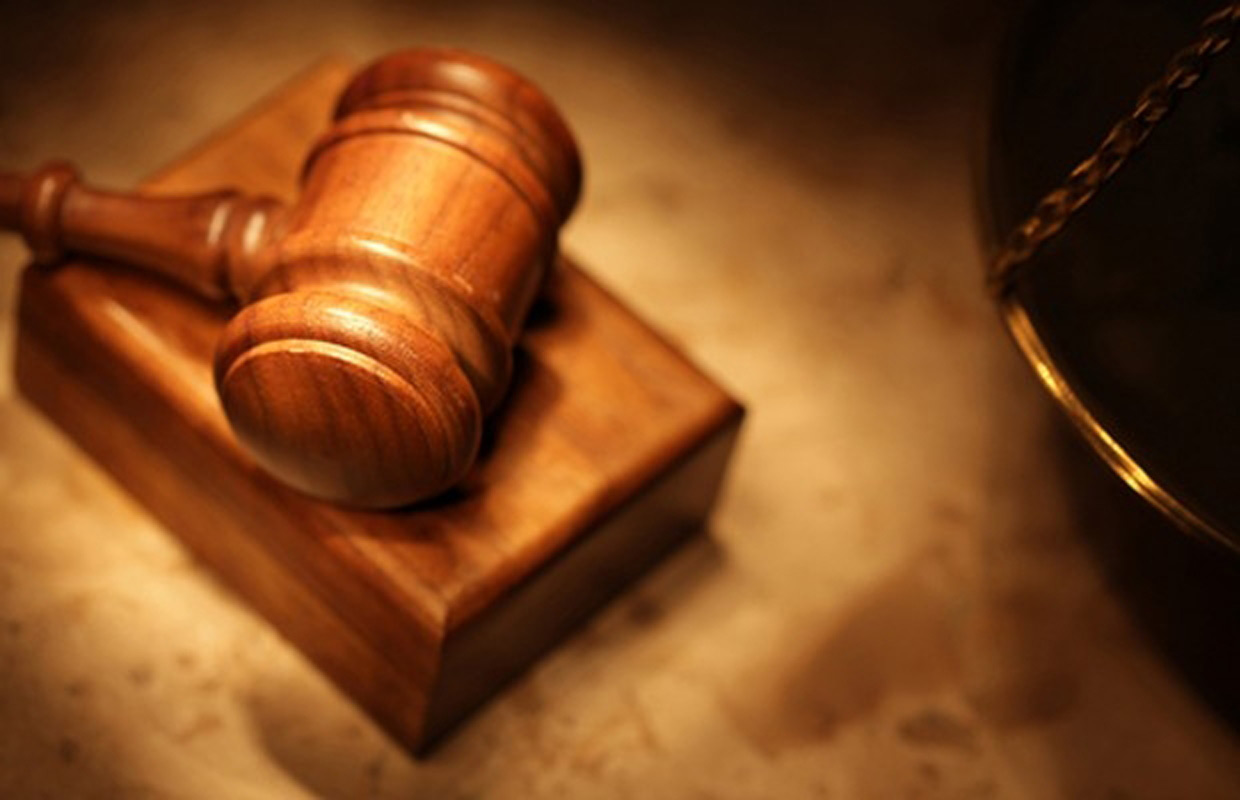The First Amendment to the United States Constitution is often regarded as one of the most significant and cherished aspects of American democracy. It serves as a cornerstone of our nation’s commitment to protecting individual freedoms and limiting government interference in matters of speech, religion, press, assembly, and petition. As citizens, understanding the First Amendment is crucial to safeguarding our rights and participating fully in the democratic process. In this comprehensive guide, we will delve into the various aspects of the First Amendment, exploring its historical context, its five fundamental freedoms, and its implications for citizens today.
The First Amendment: A Historical Overview
To comprehend the significance of the First Amendment, we must first examine its historical context. Ratified in 1791 as part of the Bill of Rights, this amendment was a response to the experiences of early American colonists who had faced oppressive censorship and religious persecution in Europe. It was designed to ensure that the newly formed United States would not replicate these injustices.
The First Amendment Reads As Follows:
“Congress shall make no law respecting an establishment of religion or prohibiting the free exercise thereof, or abridging the freedom of speech, or of the press; or the right of the people peaceably to assemble, and to petition the Government for a redress of grievances.”
This short sentence covers five different freedoms: the right to freely gather, the right to free speech, the right to freedom of the press, and the right to petition the government with problems. Let’s take a closer look at each of these options.
Freedom Of Religion
The First Amendment’s protection of religious freedom is twofold. It guarantees that the government cannot establish an official religion (the Establishment Clause) and that individuals are free to practice their religion without government interference (the Free Exercise Clause). This separation of church and state ensures that no one religion is favored or endorsed by the government while allowing individuals to follow their beliefs without fear of persecution.
Freedom Of Speech
Freedom of speech is perhaps the most well-known and frequently invoked aspect of the First Amendment. It grants citizens the right to express their thoughts, opinions, and ideas without government censorship or punishment. This freedom is fundamental to a healthy democracy, as it encourages open discourse, dissent, and the exchange of diverse viewpoints. However, it’s essential to understand that freedom of speech is not absolute and may be subject to limitations, such as when speech incites violence or poses a direct threat to public safety.
Freedom Of The Press
The freedom of the press protects the right of journalists and media organizations to report news and express opinions without government interference. A robust and independent press is essential for holding those in power accountable and ensuring that citizens have access to accurate information. First Amendment attorney often play a crucial role in defending journalists’ rights and addressing issues of press freedom in legal contexts.
The Right To Peacefully Assemble
The First Amendment grants citizens the right to gather peacefully in groups for various purposes, including protests, demonstrations, and meetings. This right is essential for fostering civic engagement and expressing collective concerns. It ensures that citizens can join together to voice their opinions and advocate for change without fear of government repression.
The Right To Petition The Government
The final freedom protected by the First Amendment is the right to petition the government for the redress of grievances. This right allows citizens to formally request that the government address their concerns or injustices. It can take various forms, such as filing lawsuits, signing petitions, or engaging in advocacy efforts. First Amendment attorneys often assist individuals and groups in navigating the legal aspects of petitioning the government.
First Amendment Challenges In Modern Society
While the First Amendment’s principles remain timeless, they are continually tested and debated in our evolving society. First Amendment attorneys are at the forefront of these challenges, advocating for citizens’ rights in a variety of contexts. Some of the key issues that have emerged in recent years include:
Online Speech: The digital age has brought new challenges and questions regarding free speech on social media platforms, with debates over issues like content moderation and algorithmic bias.
Hate Speech Vs. Free Speech: Balancing the protection of free speech with the need to address hate speech and discrimination is an ongoing challenge, often requiring legal expertise to navigate.
Press Freedom: Journalists face increasing threats and obstacles in their pursuit of investigative reporting, raising questions about the limits of press freedom and the protection of confidential sources.
Campus Free Speech: Colleges and universities grapple with ensuring free speech while maintaining a safe and inclusive learning environment, creating complex legal issues.
Privacy And Surveillance: Emerging technologies and government surveillance efforts intersect with First Amendment rights, raising concerns about the impact on citizens’ privacy and free expression.
Conclusion
The First Amendment attorney’s role is pivotal in safeguarding the freedoms enshrined in this cornerstone of American democracy. As citizens, we must remain vigilant in protecting these rights and understanding the nuances and challenges that arise in our modern society. By recognizing the historical context of the First Amendment and its five fundamental freedoms, we empower ourselves to engage in informed discussions, advocate for change, and ensure that the principles of free speech, religion, press, assembly, and petition continue to thrive in our democracy. In doing so, we honor the spirit of the First Amendment and its enduring importance in our nation’s history.


